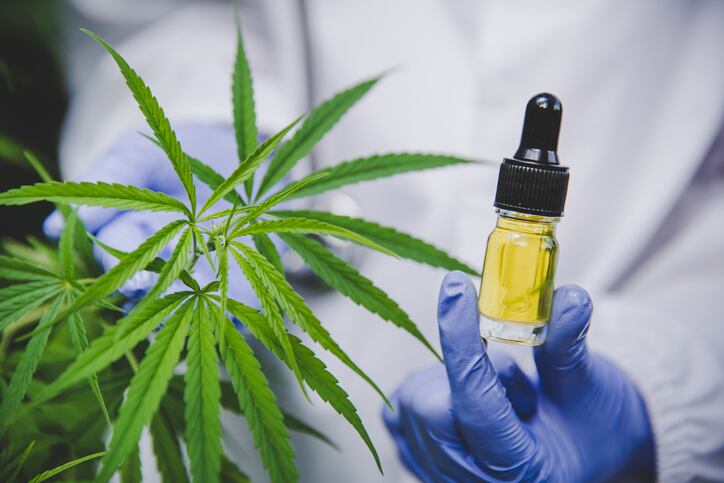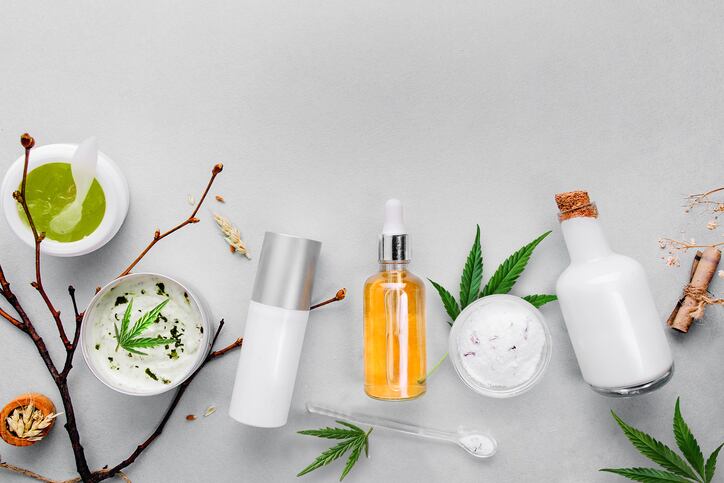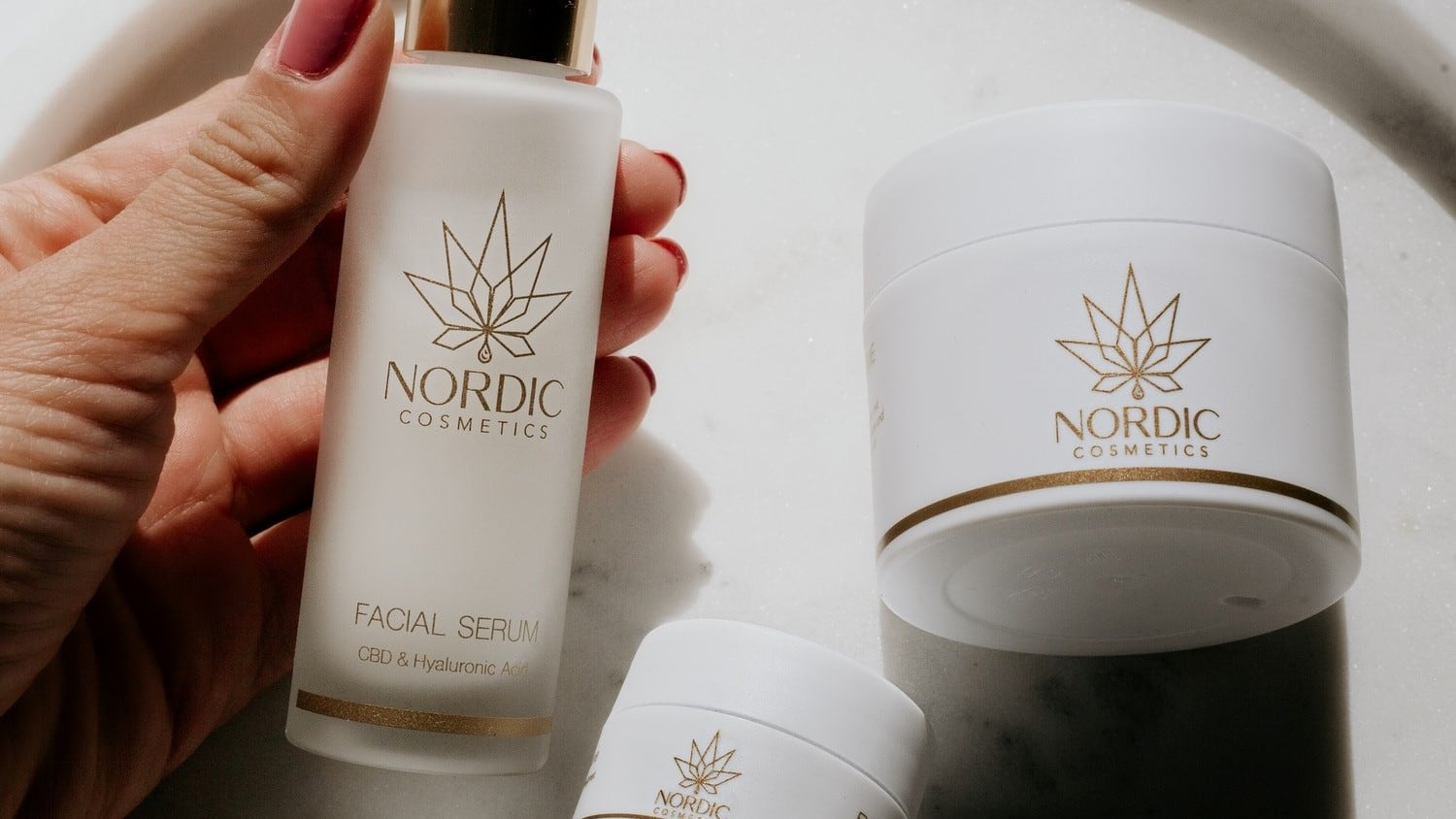On March 26, the National Institutes for Food and Drug Control (NIFDC), announced a proposal to introduce legislation that would prohibit the use of cannabis and cannabis extracts in cosmetics.
The ban would include raw materials such as cannabidiol (CBD), Cannabis sativa kernel fruit, cannabis sativa seed oil, as well as cannabis sativa leaf.
This proposal is currently open to public opinions till April 19.
Chemlinked analyst Hedy He said this news came as a surprise considering how the regulatory landscape around cannabis product has been simplified in various markets over the years.
“Cannabis cosmetics are undoubtedly one of the hottest products in China. Once the ban takes effect, it will have tremendous impact on the industry. The rising prosperity in the cannabis cosmetic sector will come to a grinding halt.”
According to the 2019 Hemp Annual Report by the US Department of Agriculture (USDA), China grows nearly half of the world’s supply of hemp fibre, making it the largest producer in the world.
Ban would affect CBEC sales
In the past few years, a number of CBD beauty brands have penetrated the Chinese market via cross border e-commerce (CBEC) channels such as Tmall Global.
However, He confirmed that this ban would also apply to brands coming into China through this channel, leaving no loophole for CBD beauty companies.
“The mainstream e-commerce platforms in China such as Tmall Global also require products to comply with China's ingredient and testing standards, which means that once this ban takes effect, it will also affect enterprises that enter the Chinese market through CBEC.”
He concluded: “I suggest that enterprises that want to enter the Chinese market to avoid the use of these ingredients in the new products.
Why ban now?
According to He, there are three key reasons why the Chinese authorities are considering this ban. One of which is that allowing cosmetics with cannabis materials would clash with the government’s anti-drug regulation targeted at youths.
“If enterprises want to sell cannabis cosmetics in China, product promotion and consumer education are necessary. But if cannabis cosmetics are widely publicised and promoted on China's social media and online sales platforms, it may have an adverse impact on youth anti-drug education.”
According to current laws in China, industrial hemp is defined as hemp with THC concentration of less than 0.3%. However, authorities are concerned over the reliability of testing methods to ensure THC concentration in hemp are less than 0.3%.
“If third-party testing institutions have poor qualifications, inaccurate testing reports or even false reports, it may cause major hidden dangers such as product safety issues and even social issues in China,” He explained.
Lastly, Chinese authorities are arguing that the ingredient can easily be replaced by other cosmetic ingredients, therefore, not needed.
“There are many other ingredients that can achieve the efficacies of cannabis cosmetics, such as peptides and ceramides. So, in terms of efficacy, CBD and cannabis-related ingredients are not irreplaceable. And alternative ingredients are also known by Chinese consumers, so the cost in consumer education is lower,” said He.
Ban likely to come into effect
With this announcement, China has made its position on cannabis-related materials very clear, He believes.
“The public consultation released an important signal that the Chinese government's control of cannabis-related products and ingredients will be tightened. It also shows the government’s negative attitude towards CBD cosmetics.”
As such, she said it was very likely that this legislation will be passed in the near future.
“It is not clear when the ban will take effect, but personally speaking, judging from the continuous stricter policies and regulations on cosmetics in China, there is very high possibility that this ban will come into effect.”





